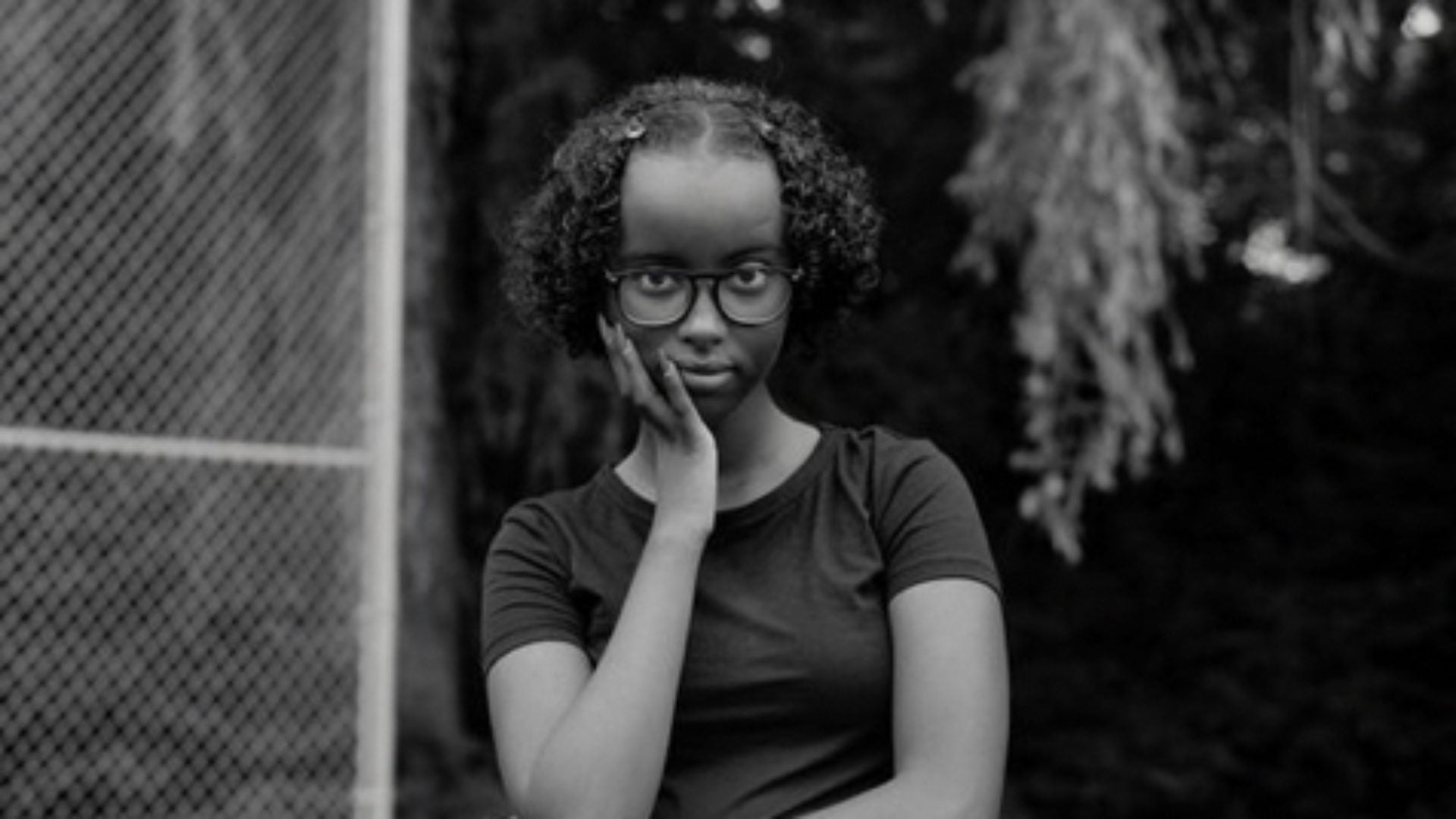
Congresswoman Ilhan Omar (D-MN) has dedicated herself to fighting the climate crisis by lending her support to the Green New Deal and introducing the Zero Waste Act. Both are bold legislative proposals to address destruction caused by rising temperatures, particularly in low-income communities and communities of color.
And just like her mother, Omar’s 16-year old daughter Isra Hirsi is forging ahead in pursuit of climate justice. As an executive director for the U.S. Climate Strike and one of the youth organizers for the Global Climate Strike, Hirsi wants everyone — including ESSENCE readers — to join her in fighting for our planet during their week of action (September 20th to 27th).
The Global Climate Strikes, which Hirsi hopes will be “a massive wake-up call,” started as a protest by lauded Swedish teen climate activist Greta Thunberg. Thunberg began walking out of school on Fridays to speak out against the climate crisis. Now, her action has blossomed into an international movement.
On the Fridays of September 20th and 27th, Thunberg, Hirsi and other young organizers are asking people to flood the streets, and walk out of their workplaces and schools. The goal is to raise our collective voices in defense of human life, particularly the communities most vulnerable to climate destruction.
As a young Black woman and the daughter of a Somali-American refugee, Hirsi knows that racial justice and climate justice are inseparable. Her mother saw firsthand how droughts and other environmental catastrophes impacted Somalia.
And in Hirsi’s home state of Minnesota, she saw many examples of environmental racism. For instance, a 2014 University of Minnesota study found that the state ranks 15th in air pollution gaps between white and people of color communities, meaning that people of color are breathing in significantly more toxins than white people.
Hirsi also feels a deep sense of solidarity with an Indigenous-led protest against the construction of a Minnesota oil pipeline, Line 3, and she points out that colonialism is also tied up in the current environmental degradation we’re experiencing.
All this and more taught Hirsi that you can’t address one injustice without addressing the other. “The climate crisis is such a massive issue that everything is impacted by it… everything is intertwined in some way,” she explained.
As youth organizers, this is the invaluable perspective that Hirsi and other young women of color bring to their environmental advocacy. In addition to U.S. organizers like This Is Zero Hour founders Jamie Margolin and Nadia Nazar, people like 14-year old Leah Nagmugerwa in Kigali, Uganda and 15-year old Asheer Kandhari in Delhi, India are also deeply committed. Climate injustice directly affects their communities in devastating ways.
Winnie Wong, a senior advisor on Sen. Bernie Sanders’ (I-VT) presidential campaign, says that Hirsi and other young women of color’s leadership is important because, “There can be no climate justice without an analysis of racial justice.”
Wong, who knows Hirsi’s mother, also recalls Omar’s experience as an activist and community organizer, nearly a decade before she took public office. “To see her daughter on seemingly similar trajectory gives me hope. The future is Isra,” Wong tells ESSENCE.
Hirsi agrees with Wong, saying that young women like herself have a unique lens on the current situation. “I’ve been on this earth for 16 and a half years and my entire existence has been the climate crisis, right? My generation didn’t have the privilege to live in a world where we always had clean air,” Hirsi says. As the climate crisis worsens, young people are often the most impacted. For example, the Harvard School of Public Health points out that the climate crisis is increasing children’s risk for developing pulmonary conditions, obesity, and heart disease. And as more species go extinct and food systems are threatened, it is Hirsi’s generation that will bear the brunt of other, lasting climate consequences.
But Hirsi believes that this reality can be transformed into strength. “My generation has the ability to recognize what the issue is and figure out ways we can win,” she says.
Young women of color activists like Hirsi are in this movement to stay. And so are their multi-faceted analyses of the systems of power that contribute to climate injustice. We need to follow their lead. If you want to join them during this upcoming week, there are plenty of ways to do so. The biggest demonstrations will be in New York City, during the U.N. Climate Change Summit. But if you’re able to join a strike, you can find out which ones are being held in your communities. Or you can get guidance on how to start your own if there’s not one close by, especially because the structure of the strikes varies from country to country.
There are even worker-friendly strike options for people who are unable to walk out of or take off work, like organizing within the workplace or taking action during a lunch break. You can also join the Digital Climate Strike and shut down your website for the day. The Global Climate Strike site has banners you can download to tell web visitors what you’re doing and why.
Even though the magnitude of the climate crisis often has Hirsi feeling “exhausted,” this work brings her joy.
“Knowing that I am not alone and that there are millions of kids around my age doing the exact same thing as me. Knowing that I have the power to inspire so many other young black girls and so many other like Muslim girls within the movement… gives me the motivation and the joy to keep doing the work that I do,” Hirsi told ESSENCE.




